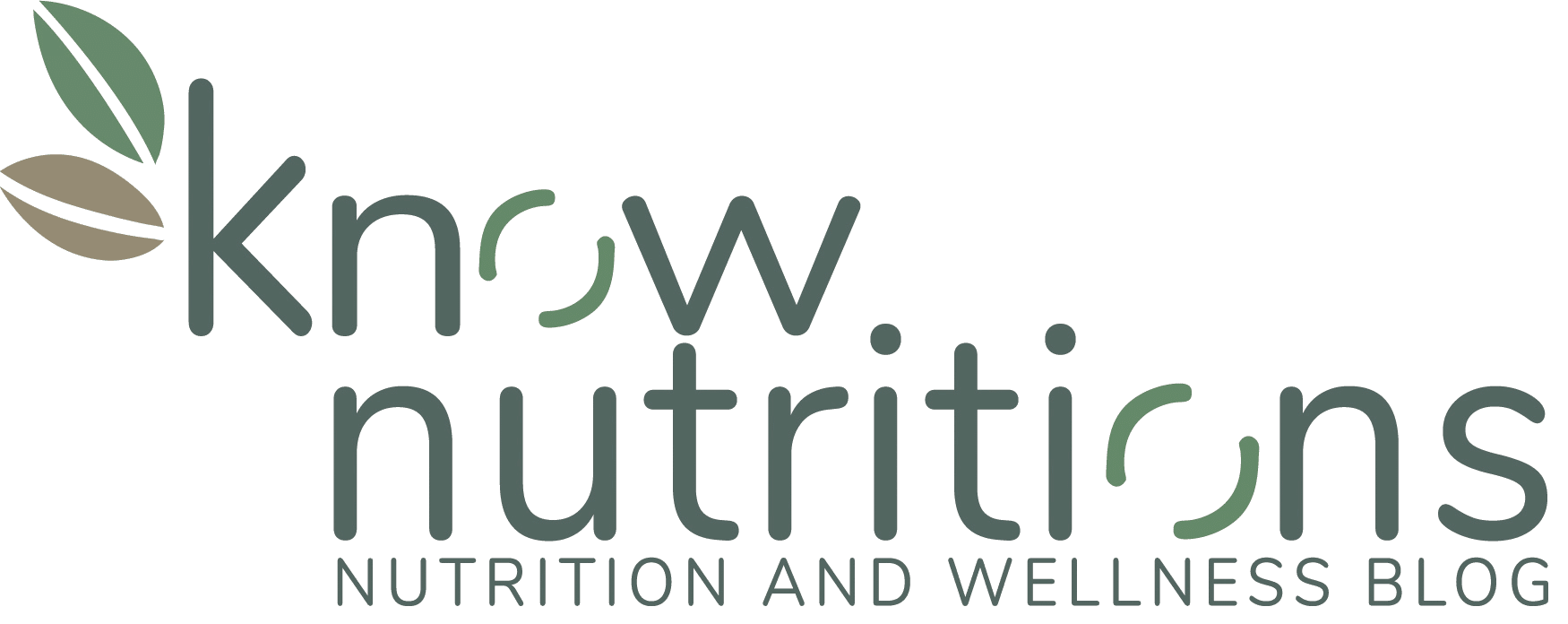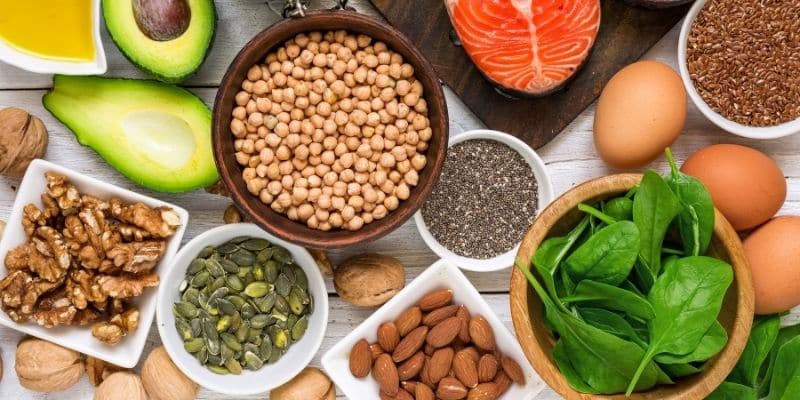Nutrition is a critical component that often determines success in the quest for muscle growth. Among the macronutrients—proteins, carbohydrates, and fats—healthy fats are frequently misunderstood or overlooked. While protein is often celebrated as the primary nutrient for muscle building, healthy fats play an equally vital role in supporting muscle growth and overall health. This article, backed by statistics and research, explores the benefits and drawbacks of incorporating healthy fats into your diet for muscle growth.
Understanding Fats for Muscle Growth
To fully appreciate the role of fats in muscle growth, it is essential to understand what constitutes healthy fats and how they contribute to physical performance. Fats can be categorized into three main types: saturated, unsaturated, and trans fats. Unsaturated fats—specifically monounsaturated and polyunsaturated fats—are particularly beneficial for muscle growth.
Monounsaturated fats in foods such as olive oil, avocados, and nuts improve heart health and support hormone production. Polyunsaturated fats, including omega-3 and omega-6 fatty acids, are found in fatty fish, flaxseeds, and walnuts. These essential fatty acids reduce inflammation and promote recovery after workouts.
While often viewed negatively in dietary discussions, saturated fats can contribute to hormone production when consumed in moderation. Sources of saturated fats include eggs, dairy products, and certain cuts of meat. It is important to note that not all saturated fats are harmful; the key lies in moderation and balance.
The Role of Fats in Muscle Growth
Fats serve several critical functions in muscle growth. First and foremost, they provide a concentrated source of energy. While carbohydrates are typically the primary energy source during high-intensity workouts, healthy fats become increasingly important during prolonged exercise or endurance activities. Research published in PubMed Central indicates that intramuscular fat plays a significant role in metabolism during exercise intensities as high as 80% of maximal aerobic power.
Healthy fats provide energy and absorb fat-soluble vitamins such as A, D, E, and K. These vitamins play essential roles in various bodily functions that support muscle repair and recovery. For example, vitamin D is crucial for calcium absorption and is linked to improved muscle function. Vitamin E acts as an antioxidant that helps reduce oxidative stress during workouts.
Furthermore, healthy fats contribute to hormone regulation. Hormones such as testosterone are vital for muscle growth, and their production is influenced by dietary fat intake. Research from the Academy of Nutrition and Dietetics suggests that diets low in fat can decrease testosterone levels in both men and women.
Benefits of Healthy Fats for Muscle Growth
Healthy fats offer numerous advantages that can significantly enhance muscle-building efforts. Let’s examine five key benefits.
Hormone Regulation
Healthy fats are essential for maintaining optimal hormone levels in the body. Testosterone is a critical hormone for muscle growth; its production is directly influenced by dietary fat intake. Studies have shown that a diet low in fat can lead to decreased testosterone levels, which may hinder muscle development. For instance, a study published in the Journal of Clinical Endocrinology & Metabolism found that men who consumed higher dietary fat had significantly higher testosterone levels than those on lower-fat diets.
Moreover, hormones like insulin also facilitate nutrient uptake into cells, which can lead to muscle growth. Healthy fats help regulate insulin sensitivity, ensuring that the body effectively utilizes nutrients from the diet to support muscle recovery and growth.
Energy Source During Workouts
While carbohydrates are typically considered the primary energy source for high-intensity workouts, healthy fats become increasingly vital during longer sessions or endurance activities. According to research published by the American College of Sports Medicine (ACSM), dietary fat contributes significantly to energy expenditure during prolonged exercise bouts lasting longer than 60 minutes.
When glycogen stores become depleted—especially during extended training sessions—your body utilizes stored fat as an energy source. This shift helps sustain performance and supports fat loss while preserving lean muscle mass.
Enhanced Nutrient Absorption
Fats absorb fat-soluble vitamins (A, D, E, K). These vitamins are essential for various bodily functions that support muscle repair and recovery after intense workouts. For example:
- Vitamin A: Important for immune function and vision; it also plays a role in protein synthesis.
- Vitamin D: Supports calcium absorption and is linked to improved muscle function.
- Vitamin E is an antioxidant that helps reduce oxidative stress during workouts.
- Vitamin K: Essential for blood clotting and bone health.
You can enhance your body’s ability to absorb these vital nutrients by including healthy fats in your meals.
Increased Satiety
Incorporating healthy fats into your meals can increase feelings of fullness and satisfaction. This satiety can help prevent overeating while ensuring your body receives enough calories to support muscle growth. A balanced diet with adequate healthy fats can help maintain a positive energy balance necessary for gaining muscle mass without excessive fat gain.
Research has shown that meals rich in healthy fats can produce greater satiety than low-fat meals. A study published in Appetite Journal Four for participants who consumed meals high in monounsaturated fats reported greater feelings of fullness than those who drank low-fat meals.
Improved Recovery
Healthy fats contribute to faster recovery after workouts by reducing inflammation. Omega-3 fatty acids found in fatty fish (such as salmon) decrease markers of inflammation after exercise. This reduction in inflammation can lead to less soreness and quicker recovery times between workouts.
Additionally, incorporating healthy fat sources into your post-workout meals can help replenish energy stores more effectively while providing essential nutrients needed for recovery. Check out our recovery strategies.
| Type of Fat | Sources | Benefits |
| Monounsaturated | Olive oil, avocados | Improves heart health; supports hormone production |
| Polyunsaturated | Fatty fish, flaxseeds | Reduces inflammation; promotes recovery |
| Saturated | Eggs, dairy | Supports testosterone levels |
Drawbacks of Healthy Fats for Muscle Growth
While healthy fats provide numerous benefits for muscle growth, several drawbacks associated with their consumption should be considered.
Caloric Density
One significant drawback of healthy fats is their caloric density: They contain nine calories per gram compared to 4 calories per gram from proteins and carbohydrates. Consuming too much fat can lead to unwanted weight gain if not balanced with overall caloric needs. For individuals looking to build muscle while minimizing fat gain, it’s essential to monitor portion sizes carefully.
For example, just one tablespoon of olive oil contains approximately 120 calories from fat alone. If you’re not mindful of portion sizes or total caloric intake throughout the day, it’s easy to exceed your daily caloric needs without realizing it.
Potential Nutrient Imbalances
Relying heavily on dietary fats without balancing them with adequate protein and carbohydrates can lead to nutrient deficiencies over time. A well-rounded diet is crucial for optimal muscle growth; therefore, it’s essential to include all macronutrients (proteins, carbohydrates, and fats) in appropriate ratios.
For instance, if you prioritize high-fat foods over protein-rich foods like lean meats or legumes, you may not meet your daily protein requirements necessary for muscle repair and growth.
Quality Matters
Not all dietary fats are created equal. When consumed excessively, trans fats and excessive saturated fats can hinder muscle growth and overall health. Trans fats are often found in processed foods such as baked goods and fried items, but they should be avoided altogether due to their negative impact on heart health.
On the other hand, while saturated fats can be included in moderation from sources like eggs or dairy products without adverse effects on health or performance when part of a balanced diet, excessive consumption may still pose risks if not managed properly.
Risk of Overconsumption
Due to their appealing taste and texture, foods high in healthy fats can sometimes lead individuals to overconsume calories without realizing it. For example, nut butter or avocado spreads may be nutritious and calorie-dense; therefore, portion control becomes crucial when integrating these foods into your diet plan to build lean mass effectively!
This risk becomes particularly problematic when individuals snack mindlessly on high-fat foods without considering their overall caloric intake throughout the day.
Digestive Issues
Some individuals may experience digestive discomfort when consuming high amounts of dietary fat—significantly if they suddenly increase their intake without gradual adaptation over time! Symptoms such as bloating or diarrhea could arise due to an inability to digest large quantities efficiently, leading to potential setbacks in training regimens!
For those sensitive to dietary fat or who have conditions like gallbladder disease or irritable bowel syndrome (IBS), excessive fat consumption can exacerbate symptoms, leading to significant discomfort following meals rich in unhealthy sources.
Optimal Fat Intake for Muscle Growth
Finding the right balance within your diet plan is key to maximizing the benefits of healthy fats for muscle growth while minimizing potential drawbacks. Nutritionists recommend that dietary fats comprise about 20% to 35% of your daily caloric intake. This balance allows you to reap the benefits of healthy fat consumption without compromising your overall health or hindering progress toward building lean mass effectively.
For example:
- Consuming 2,500 calories per day (a common target for individuals aiming to gain muscle) would translate into approximately 500–875 calories from healthy fats.
- Since nine calories are contained in a gram of fat, this equates to roughly 55–97 grams of total dietary fat per day, depending on individual goals.
Tips for Incorporating Healthy Fats into Your Diet
To effectively incorporate healthy fats into your diet while supporting optimal performance:
- Choose whole food sources: Focus on whole food sources such as nuts (almonds), seeds (chia seeds), avocados, fatty fish (salmon), olive oil, flaxseeds, etc.
- Mind your portions: Be mindful of portion sizes since all types of dietary fat contain more calories than proteins or carbohydrates.
- Balance your plate: Ensure meals include balanced amounts of all macronutrients (protein, carbohydrates, and fats).
- Experiment with cooking oils. Instead of butter or margarine, use healthier cooking oils like olive or avocado oil.
- Snack wisely: Opting for snacks like nut butter spread on whole-grain toast or Greek yogurt topped with seeds provides protein and healthy fats!
Final Takeaway:
Incorporating healthy fats into your diet is crucial for optimizing muscle growth effectively! While protein often takes center stage in discussions surrounding building mass, it’s essential not to overlook the importance dietary fat plays in supporting hormonal balance, providing energy during workouts, enhancing nutrient absorption, and increasing feelings of fullness and satisfaction!
By understanding the benefits and drawbacks associated with intake and finding the proper balance, you can effectively harness the power of fats for muscle growth. Remember, achieving optimal results requires a well-rounded approach, including all macronutrients tailored to individual needs! In conclusion, prioritizing quality sources while maintaining a balanced diet rich in proteins and carbohydrates maximizes your potential for building lean mass effectively!
FAQs
What are the best sources of healthy fats?
The best sources include avocados, nuts (such as almonds and walnuts), seeds (such as chia seeds), fatty fish (like salmon), olive oil, and flaxseeds. These foods provide essential fatty acids and other nutrients beneficial for overall health and performance!
How much fat should I consume daily for muscle growth?
Aim for about 20% to 35% of your daily caloric intake to come from healthy sources; this allows adequate energy without excessive calorie consumption, which leads to unwanted weight gain!
Can I build muscle on a low-fat diet?
A low-fat diet may hinder your muscle-building ability due to decreased testosterone levels and inadequate energy supply during workouts! Including moderate amounts of quality sources will enhance results!
Are saturated fats bad for building muscle?
Moderate saturated fats from sources like eggs and dairy can be beneficial. When consumed as part of a balanced diet, they support hormonal production necessary for building muscle!
How do healthy fats affect recovery after workouts?
Healthy fats help reduce inflammation and promote recovery by supporting hormone levels and aiding in the absorption of vitamins that help repair muscles after exercise!










